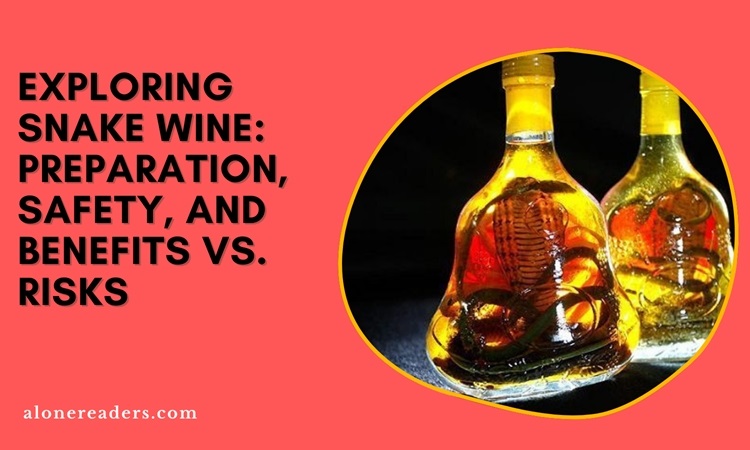
Snake Wine, an exotic and traditional beverage, has intrigued people worldwide for centuries. Originating from Southeast Asia and China, this unique drink is not only a cultural icon but also a topic of much curiosity and debate.
Snake Wine is deeply rooted in the cultural heritage of several Asian countries. Believed to have medicinal properties, it has been used for generations in traditional medicine. The wine is typically made by infusing whole snakes in rice wine or grain alcohol, believed to imbue the drink with the snake's vitality.
Selecting the Right Snake
The preparation of Snake Wine begins with the selection of a suitable snake, usually venomous species like cobras. The snake is either immersed alive or after being killed in a jar of alcohol, often with additional herbs and spices.
Brewing Process
The infusion process varies, ranging from a few months to several years. The snake's essence is believed to dissolve into the alcohol, creating a potent concoction.
Potential Risks
The primary concern with Snake Wine is the potential for venom toxicity. However, the alcohol neutralizes the snake's venom, rendering it safe for consumption. Nonetheless, individuals with specific allergies or health conditions should exercise caution.
Regulatory Aspects
In many countries, the production and sale of Snake Wine are subject to strict regulations due to animal welfare and public health concerns.
Cultural Experience
For many, consuming Snake Wine is a way to connect with traditional practices and experience an integral part of certain Asian cultures.
Perceived Health Benefits
In traditional medicine, Snake Wine is believed to cure various ailments, from rheumatism to hair loss. However, these claims are largely anecdotal and lack scientific backing.
Ethical Concerns
The use of live animals in the preparation of Snake Wine raises significant ethical questions, leading to criticism from animal rights groups.
Limited Scientific Evidence
There is a lack of substantial scientific evidence to support the health claims associated with Snake Wine. Consumers should be wary of unverified claims.
Snake Wine remains a complex subject, balancing cultural significance with ethical and health considerations. While it offers a unique experience, potential drinkers should be informed about the preparation methods, safety concerns, and the ongoing debate surrounding its consumption.